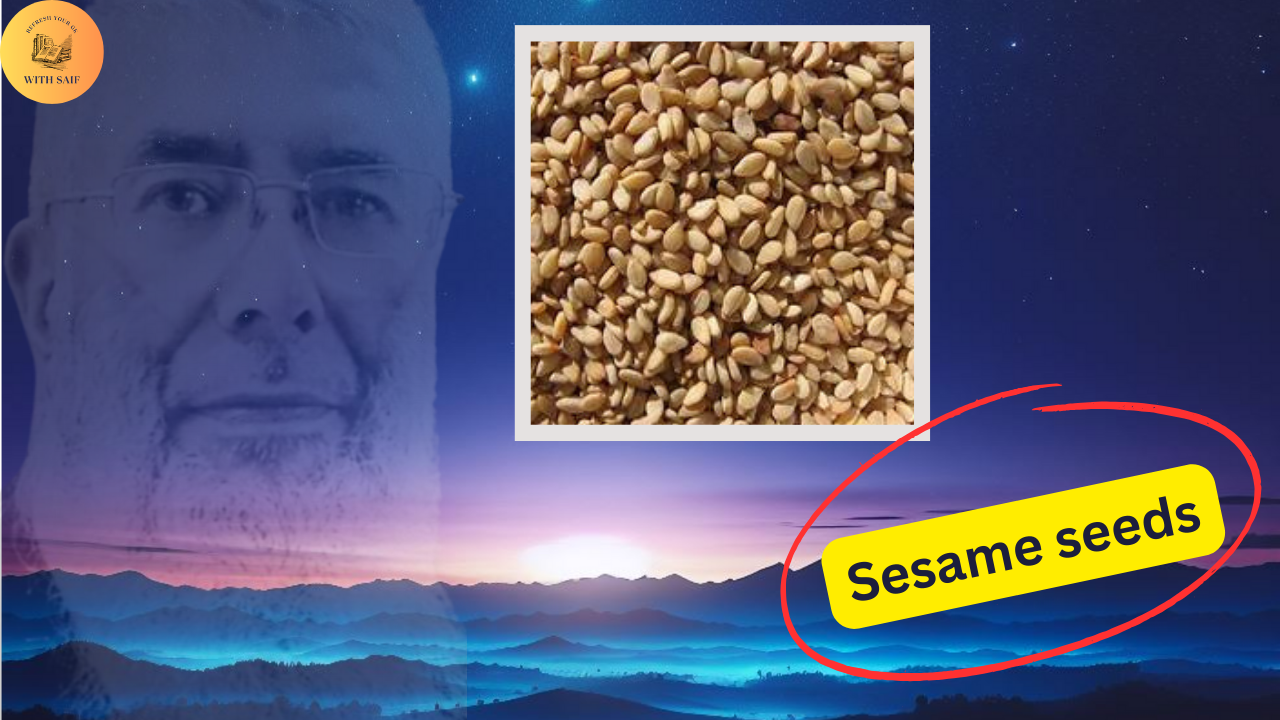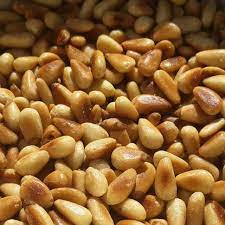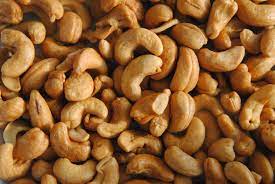Keywords: sesame seed, nutrients, health benefits, fiber, antioxidants, minerals, magnesium, copper, manganese, bone health, diabetes management, heart health, inflammation, skin health, cancer prevention, hair health, recipes
Sesame seeds are tiny but mighty! These oilseeds are packed with nutrients and offer a plethora of health benefits. From boosting your bone health to protecting your heart, sesame seeds are a valuable addition to any diet.
Sesame Seed Nutrition:
Two tablespoons of sesame seeds provide approximately:
- Calories: 161
- Fat: 14g (mostly healthy unsaturated fats)
- Protein: 5g
- Carbohydrates: 7g
- Fiber: 4g
- Calcium: 74mg
- Magnesium: 177mg
- Phosphorus: 143mg
- Iron: 2.3mg
- Zinc: 2mg
- Copper: 1.5mg
- Manganese: 1.1mg
Health Benefits of Sesame Seeds:
- Bone Health: Sesame seeds are rich in calcium, magnesium, and manganese, all essential minerals for strong bones.
- Diabetes Management: Sesame seeds contain lignans, which may help regulate blood sugar levels.
- Heart Health: The healthy fats in sesame seeds can help lower cholesterol and improve heart health.
- Antioxidants: Sesame seeds are a good source of antioxidants, which protect cells from damage and may help reduce the risk of chronic diseases.
- Inflammation: Sesame seeds have anti-inflammatory properties, which may be beneficial for conditions such as arthritis and inflammatory bowel disease.
- Skin Health: Sesame oil is rich in vitamin E, which is good for skin health.
- Cancer Prevention: Some studies suggest that sesame seeds may help protect against certain types of cancer.
- Hair Health: Sesame seeds are a good source of biotin, which is essential for healthy hair.
Limit for Use:
While sesame seeds are generally safe for most people, it is important to consume them in moderation. The recommended daily limit is 2 tablespoons. Excessive consumption may cause digestive issues or interfere with medication absorption.
Uses in Practice:
- Sprinkle sesame seeds on salads, stir-fries, and yogurt.
- Add sesame seeds to marinades, dips, and dressings.
- Use sesame oil for cooking, baking, and salad dressings.
- Make tahini, a sesame paste used in hummus and other dishes.
- Make sesame milk as a dairy-free alternative.
Sesame seeds are a delicious and nutritious addition to any diet. By incorporating them into your meals, you can reap a variety of health benefits.
Additional Tips:
- Purchase organic sesame seeds whenever possible.
- Store sesame seeds in an airtight container in a cool, dark place.
- Toasting sesame seeds enhances their flavor and aroma.
Enjoy the countless benefits of this versatile seed!



